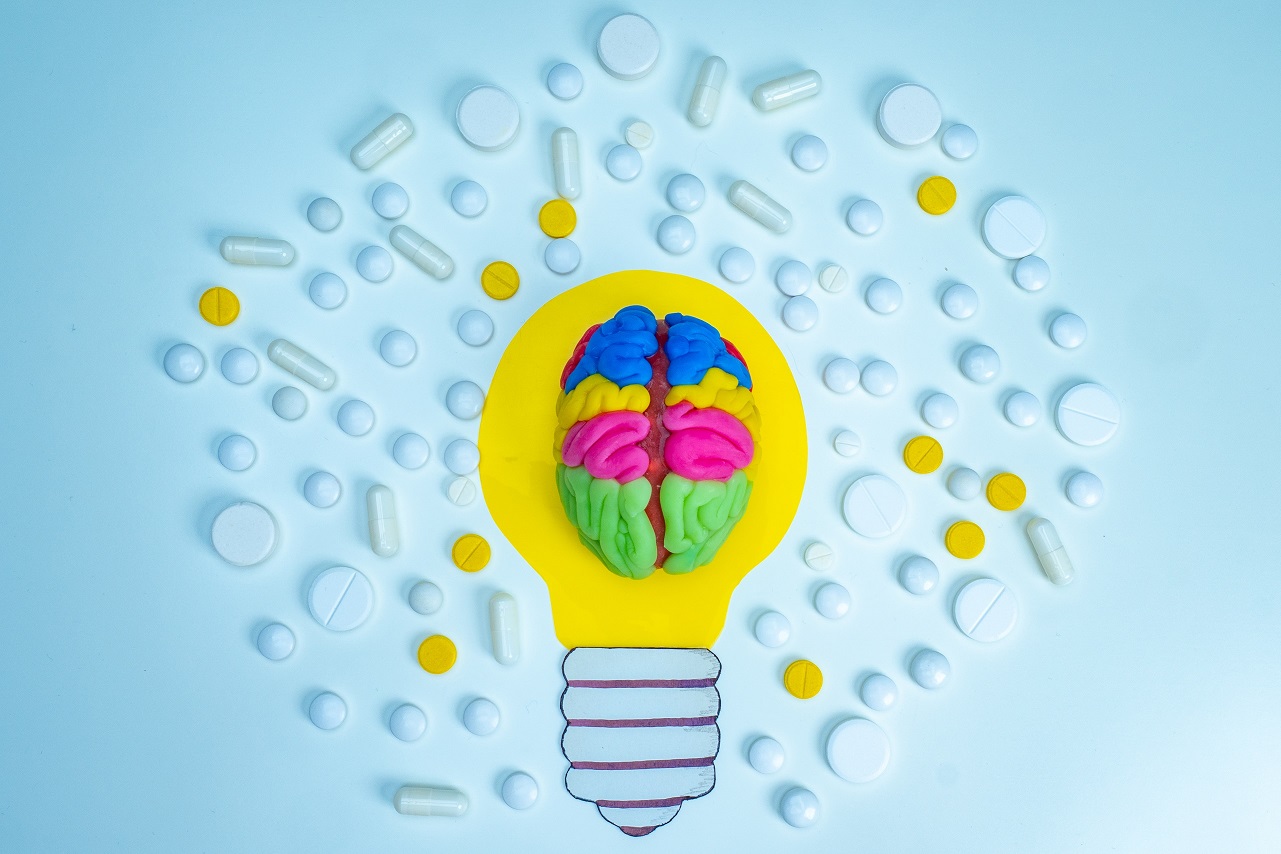
Reversible Dementia, All You Need to Know
Dementia is a debilitating condition that affects millions of people worldwide. Various dementia types exist, including Alzheimer’s, Lewy body dementia, and vascular dementia. The most common form of dementia is Alzheimer’s disease, which accounts for approximately 60-80% of all dementia cases.
There is a treatable form of cognitive impairment called reversible dementia. Medication, nutritional corrections, infections, and cognitive rehabilitation may help this type of dementia. Reversible dementia is a temporary condition of cognitive impairment that is treatable and, in some cases, reversible.
Contents
What Is Reversible Dementia?
There are many causes of reversible dementia, including medication side effects, nutritional deficiencies, infections, head injuries, and thyroid problems. One of the most common causes is medication side effects. Certain medications, such as benzodiazepines and anticholinergics, can cause cognitive impairment, especially in elderly individuals. Other drugs that can cause cognitive impairment include antipsychotics, antidepressants, and anticonvulsants.
Nutritional deficiencies can also cause dementia. For example, a deficiency in vitamin B12 can cause cognitive impairment, as can a deficiency in other essential nutrients, such as folic acid, vitamin D, and omega-3 fatty acids.
Infections can also cause dementia, especially in older adults. Infections such as urinary tract infections, pneumonia, and meningitis can cause cognitive impairment, especially in those who are already susceptible due to age or other health conditions.
Head injuries can also cause this type of dementia, especially if the damage is severe or the individual has a history of multiple head injuries. Traumatic brain injuries can cause cognitive impairment, memory loss, and other symptoms of dementia.
Thyroid problems can also cause dementia, especially if the thyroid gland is underactive. Hypothyroidism can cause cognitive impairment, memory loss, and other symptoms of dementia.
Causes
Below are some of the most common causes of reversible dementia:
- Drug side effects and interactions
- Stress
- Excessive alcohol consumption
- Depression
- Alcohol
- A metabolic disorder
- Inflammation
- Sleeping problems
- Vitamin deficiency

Treatment
The treatment of reversible dementia depends on the underlying cause. In many cases, treating the underlying cause can lead to a complete reversal of the cognitive impairment. For example, if the cause of dementia is a medication side effect, the medication can be changed or discontinued, and the cognitive impairment may resolve.
Similarly, if the cause of dementia is a nutritional deficiency, dietary changes or supplements may be able to correct the nutritional deficiency causing the condition.
In cases where the underlying cause of dementia is an infection, antibiotics or antiviral medications can reduce cognitive impairment.
Cognitive rehabilitation therapy may be helpful for reversible dementia. This therapy involves working with a therapist to improve cognitive function through exercises and other activities stimulating the brain.
Symptoms and Diagnosis
Diagnosing reversible dementia involves thoroughly evaluating a person’s medical history, a physical exam, and various diagnostic tests. The evaluation aims to identify any underlying medical conditions causing cognitive impairment.
The symptoms of the condition can vary depending on the underlying cause. In general, the symptoms are similar to those of other types of irreversible dementia and can include the following:
Memory loss, Difficulty with communication or language, problems with reasoning and judgment, Difficulty with visual perception and spatial awareness, changes in mood or behaviour, difficulty with activities of daily living, such as dressing or bathing
Other symptoms may include confusion, disorientation, and difficulty with attention and concentration.
To identify the cause of dementia, a healthcare provider may order various tests. These tests may include blood tests to check for nutritional deficiencies or infections, imaging tests such as MRI or CT scans to look for brain abnormalities and cognitive tests to evaluate memory, language, and other cognitive functions.
Reversible dementia is treatable and, in most cases, curable but is challenging to diagnose. Many of the symptoms of this condition are similar to those of Alzheimer’s disease and other forms of dementia. Therefore, it is essential to work with a healthcare provider experienced in diagnosing and treating dementia to ensure an accurate diagnosis and appropriate treatment.
Can Alzheimer’s Disease Be Reversed?
Degenerative diseases such as Alzheimer’s destroy brain connections, which affects memory. Symptoms include memory loss, confusion, and a decline in self-care.
Alzheimer’s is irreversible at the moment. However, there are newer treatments to slow its progression. Several studies indicate that Alzheimer’s disease may be reversible in the future.
By taking care of your overall health, you can reduce your Alzheimer’s risk. Alzheimer’s is strongly linked to heart health, so staying active, maintaining a moderate weight, eating healthily, and quitting smoking can help reduce your risk.
Read more: Lecanemab Approved for Early Alzheimer’s Treatment
The Difference Between Reversible and Irreversible Dementias
Many factors can cause dementia. Treating some of these causes is possible, while others are beyond treatment. The treatment for reversible dementia is to delay its progression and, in some cases, reverse it.
Treating patients with non-reversible dementia aims to reduce certain symptoms so they can manage their daily lives more easily.
You should consult a doctor whenever you experience sudden memory loss, especially if you’ve undergone a health change.
Final Words
Reversible dementia is a treatable form of cognitive impairment that various underlying conditions can cause. This condition can be treated with medication, nutritional corrections, infections, or cognitive rehabilitation.
While reversible dementia can be treated, Alzheimer’s remains a significant challenge for researchers and healthcare professionals. Currently, treatments for Alzheimer’s only target symptoms and slow the disease’s progression.
Very informative. I had no prior knowledge of the existence of reversible dementia.
If vitamin deficiency is the cause of reversible dementia, can taking supplements be beneficial?
A couple of years ago, I was struggling with severe depression. Back then, I could swear I had dementia, but it was just depression.
How does alcohol cause dementia?